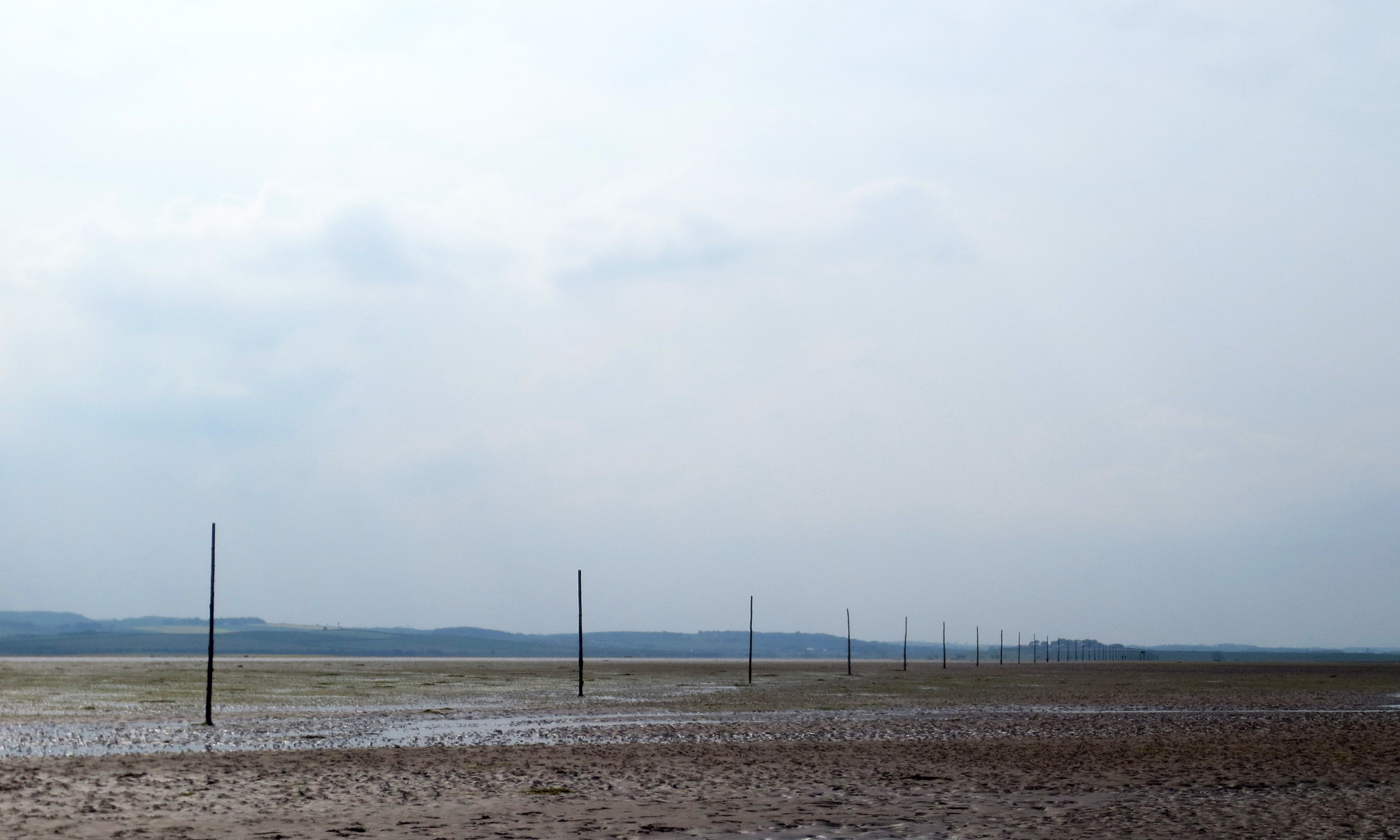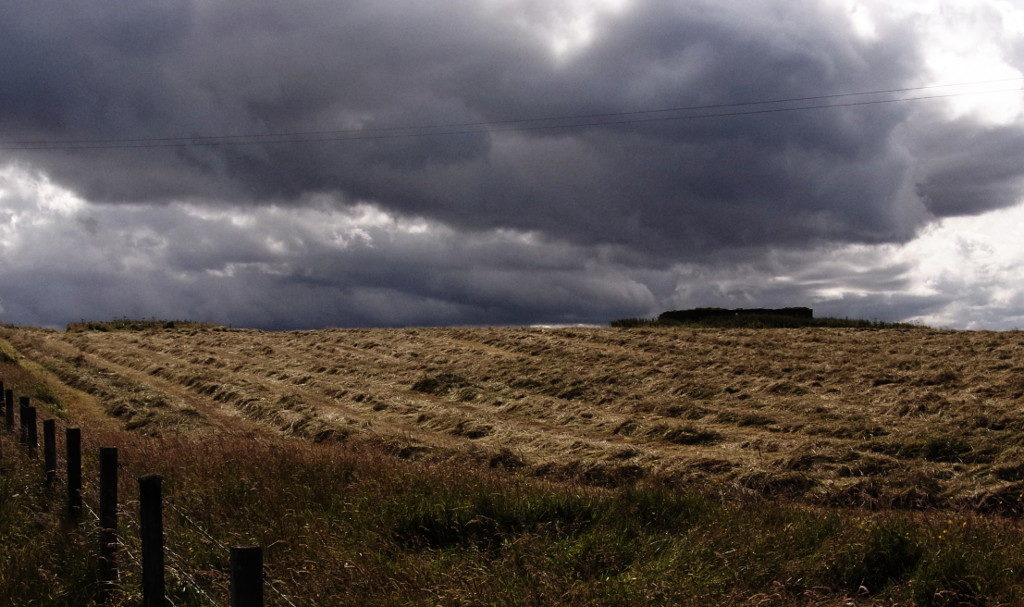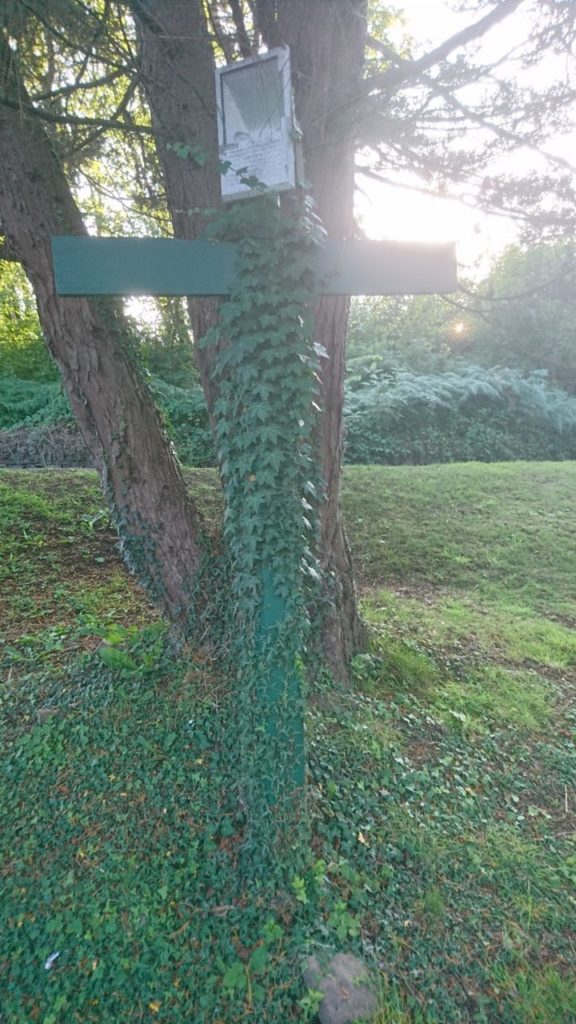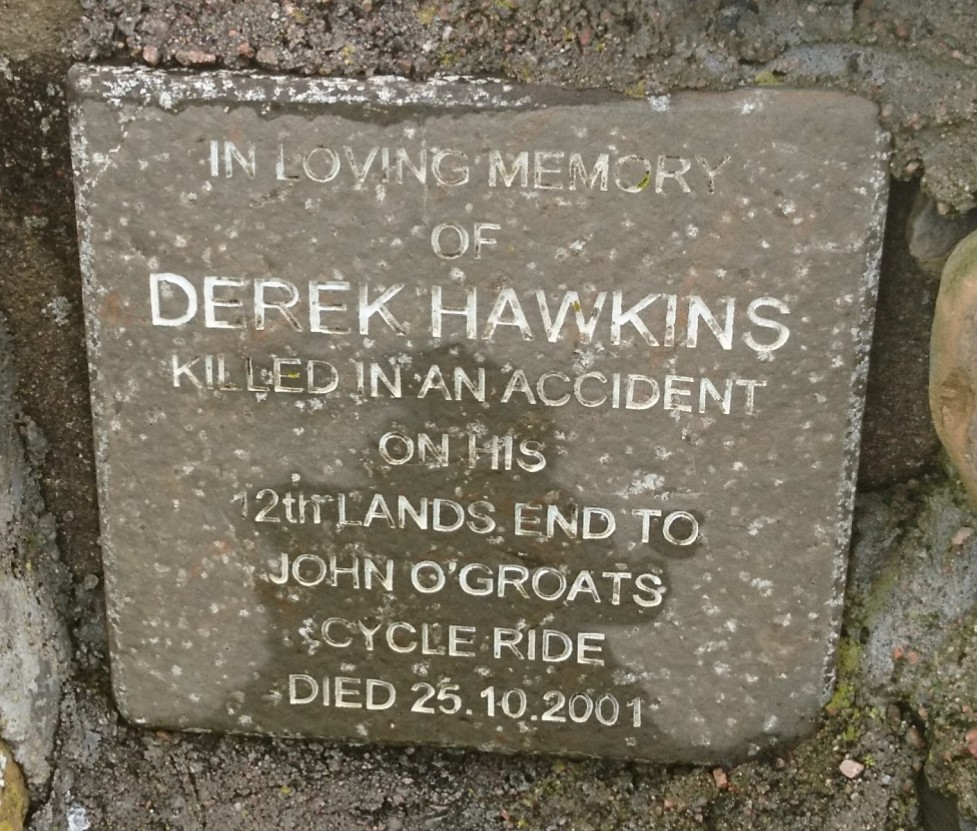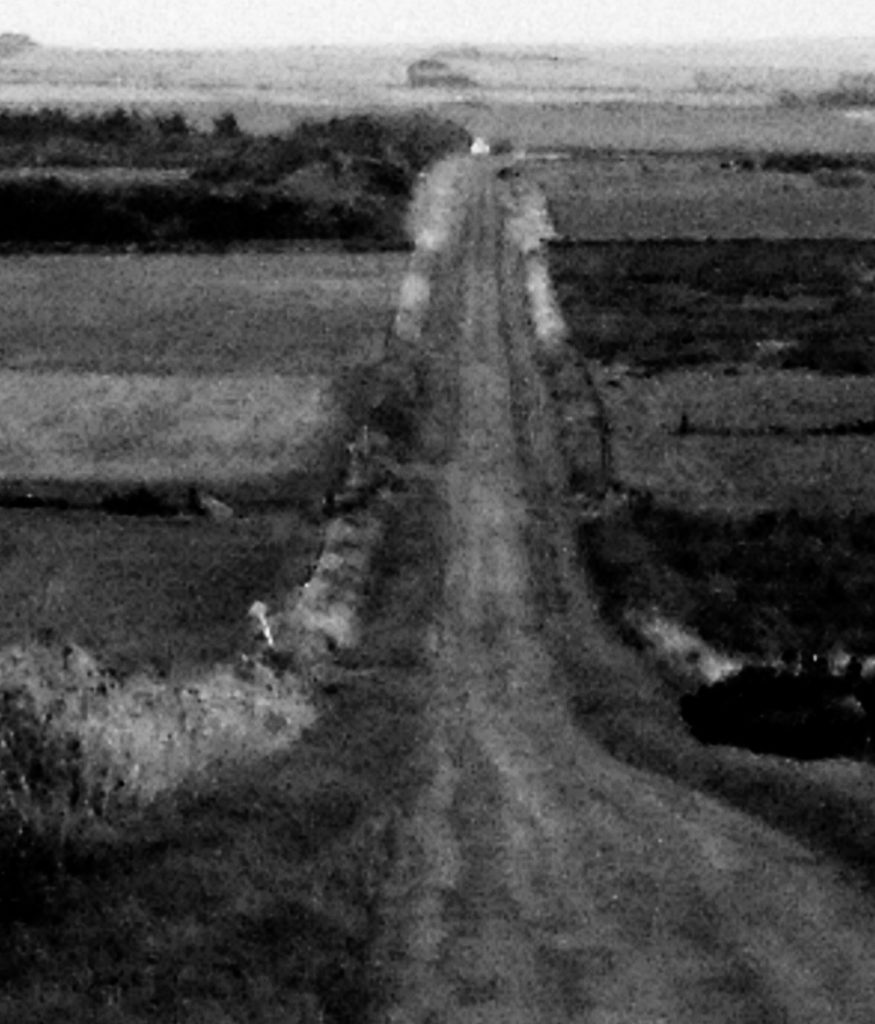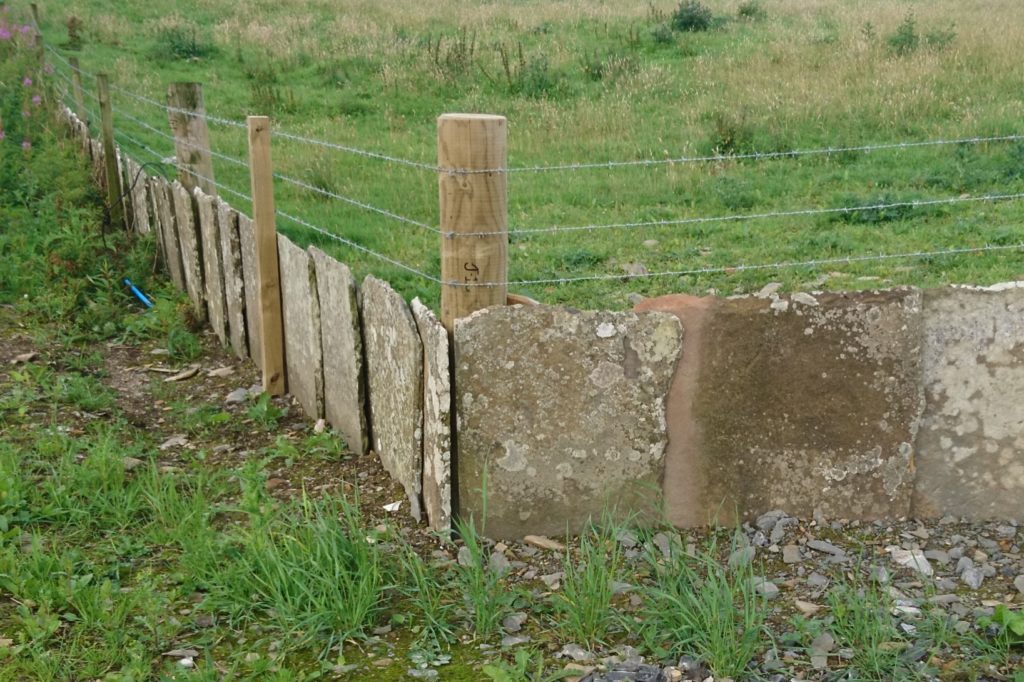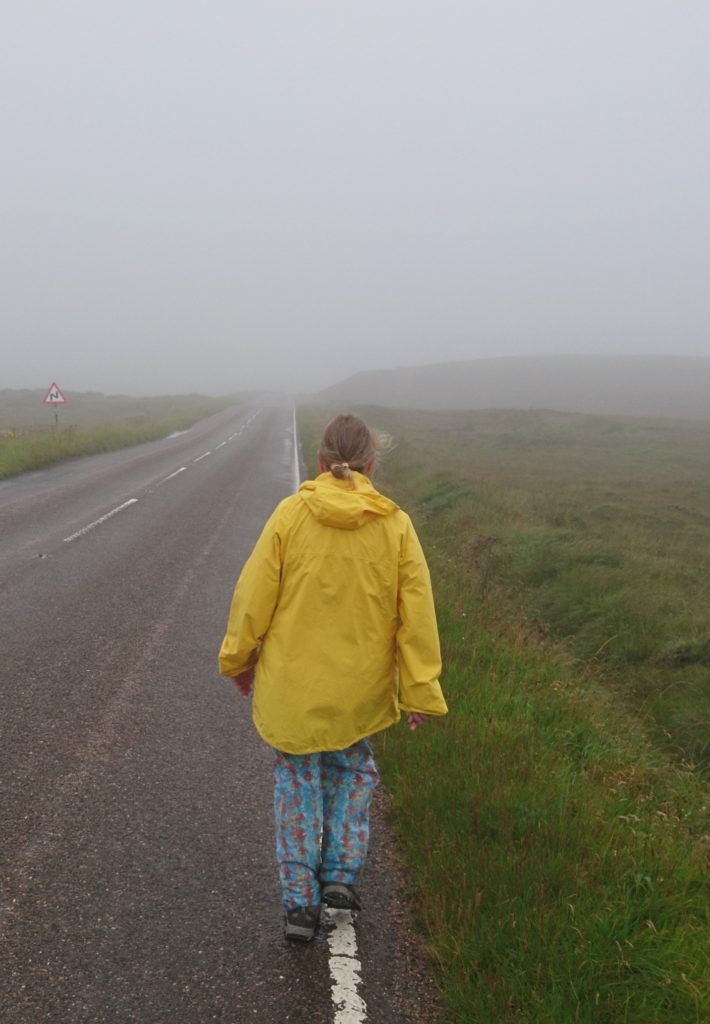Went to a brilliant service last Sunday, in a “local church for local people” (thank you League of Gentlemen for putting our town on the map), led by a local preacher. Still couldn’t stop my head rushing off on tangents though.
Five really good hymns, including “We cannot measure how you heal…” by John Bell and Graham Maule sung to the right tune (ye Banks and Braes), which is unaccountably missing from the URC hymnbook. I find it so easy to sing (except for a couple of lines where I had to stop because I was about to well up). You Methodists can sure recognise a good tune!
A quick look at this Sunday’s readings – the proverb “25:6,7 Do not put yourself forward in the king’s presence or stand in the place of the great; for it is better to be told, “Come up here,” than to be put lower in the presence of a noble.” and the Luke reading stood out at me…
Luke 14:1, 7-14
“14:1 On one occasion when Jesus was going to the house of a leader of the Pharisees to eat a meal on the sabbath, they were watching him closely.
14:7 When he noticed how the guests chose the places of honour, he told them a parable.
14:8 “When you are invited by someone to a wedding banquet, do not sit down at the place of honour, in case someone more distinguished than you has been invited by your host;
14:9 and the host who invited both of you may come and say to you, ‘Give this person your place,’ and then in disgrace you would start to take the lowest place.
14:10 But when you are invited, go and sit down at the lowest place, so that when your host comes, he may say to you, ‘Friend, move up higher’; then you will be honoured in the presence of all who sit at the table with you.
14:11 For all who exalt themselves will be humbled, and those who humble themselves will be exalted.”
14:12 He said also to the one who had invited him, “When you give a luncheon or a dinner, do not invite your friends or your brothers or your relatives or rich neighbours, in case they may invite you in return, and you would be repaid.
14:13 But when you give a banquet, invite the poor, the crippled, the lame, and the blind.
14:14 And you will be blessed, because they cannot repay you, for you will be repaid at the resurrection of the righteous.””
This is challenging, but basic. However, it takes on layers of complexity when you start talking about corporate behaviour rather than individual behaviour. What if you’re hearing these words as a woman, one of the half of the human race which is over-represented among “the poor” (verse 13)? … Considering where Jesus was when he said these words, it seems not very likely that poor people were among his audience. What if you are representing a nation that has cut itself off from its usual means of support and suddenly needs any friends it can get? Which voices within that nation need to be heard? Who are “the poor, the crippled, the lame, and the blind”? Not urban liberals like me. Who are our friends? Sometimes, it seems, people we wouldn’t naturally choose.
Hum. Anyway, at the end of that passage is another example of the Kingdom of God being where we sow where we do not reap and reap where we have not sowed.
The reorganising here is slow, monotonous 🙁 , monotonic 🙂 .
God help me to be humble,
but not so self-effacing that I forget
your passion for
“the poor, the crippled, the lame, and the blind.”
